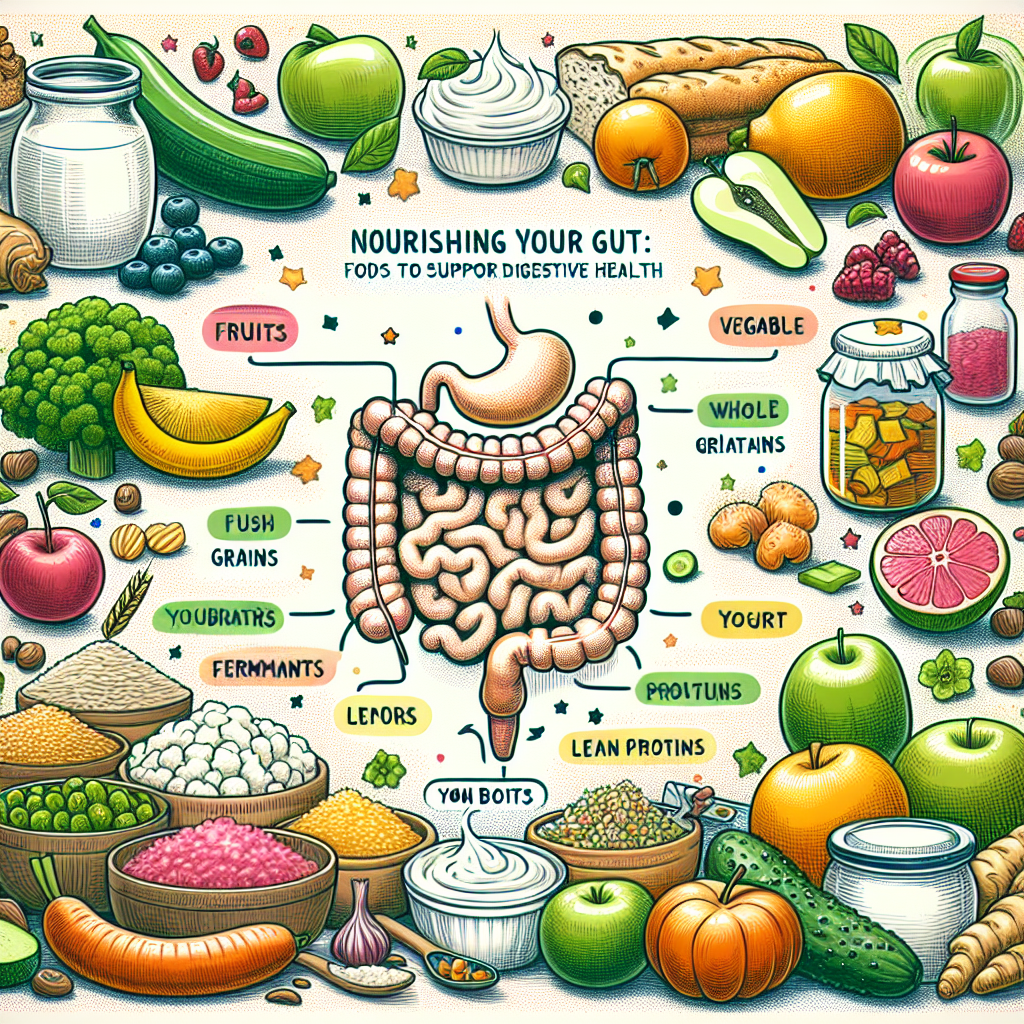Natural Home Remedies to Soothe Acidity and Bloating
1. Understanding Acidity and Bloating
Acidity and bloating are common digestive issues that affect millions of people around the world. According to surveys, approximately 25% of adults experience symptoms of acid reflux or gastroesophageal reflux disease (GERD) at some point in their lives. Bloating, on the other hand, can affect around 30% of the population regularly. These conditions can lead to discomfort and sometimes even interfere with daily activities. Fortunately, several home remedies have been found effective in alleviating these symptoms.
2. Ginger Tea
Ginger is renowned for its strong anti-inflammatory and antioxidant properties. Drinking ginger tea can help soothe the stomach lining and reduce acidity. Multiple studies indicate that ginger can significantly decrease nausea and bloating. To prepare ginger tea, slice a fresh ginger root and boil it in water for about 10-15 minutes. Consume the tea before meals to minimize acid production.
3. Apple Cider Vinegar
Apple cider vinegar is another popular home remedy for acidity. Contrary to what might be expected, small amounts of apple cider vinegar can help increase stomach acidity, which may promote digestion. A study from the Journal of Gastroenterology suggests that it could also help maintain proper stomach pH levels. Mix a tablespoon of apple cider vinegar with a cup of water and drink it before your meals for best results. However, be cautious with the amount, as excessive vinegar can lead to a tooth enamel issue.
4. Baking Soda
Sodium bicarbonate, or baking soda, is an effective antacid that can neutralize stomach acid. Research shows that its alkaline properties can alleviate bloating and gas by providing rapid relief. To use baking soda, dilute a teaspoon in a glass of water and drink it for immediate relief. However, this should not be used frequently, as overconsumption may lead to imbalances in sodium levels.
5. Peppermint Tea
Peppermint is widely known for its digestive aid capabilities. It contains menthol, which can help soothe gastrointestinal discomfort and relax the digestive tract muscles. A study published in the Journal of Clinical Gastroenterology found that peppermint oil can help reduce symptoms of bloating and gas. Create peppermint tea using fresh leaves or tea bags and consume it after meals to enjoy better digestion.
6. Fennel Seeds
Fennel seeds are known for their carminative properties, making them highly effective in reducing gas and bloating. According to the International Journal of Food Sciences and Nutrition, fennel seeds can help relax the gastrointestinal tract and ease the passage of gas. To utilize fennel seeds, chew a teaspoon of them after meals or brew them in hot water for a soothing tea.
7. Warm Water with Lemon
Lemon water is an excellent remedy for acidity, as it helps balance the acidic environment of the stomach. Although lemons are acidic in nature, their mineral content can have an alkaline effect once metabolized. Drinking warm water mixed with lemon juice can stimulate the liver to produce bile, assisting with better digestion. Studies suggest drinking this mixture daily can help reduce acidity levels.
8. Cabbage Juice
Cabbage juice has been historically used to treat various digestive issues, including acidity and bloating. A study in the Journal of Nutrition found that the compounds in cabbage can protect the stomach lining and reduce acid buildup. To prepare cabbage juice, blend fresh cabbage leaves with water and strain the mixture. Drinking half a cup of cabbage juice daily may offer notable relief from digestive discomfort.
9. Yogurt
Yogurt, rich in probiotics, can bolster gut health and positively impact digestive functions. Research from the World Journal of Gastroenterology indicates that probiotics can help reduce bloating and improve gut motility. Including a serving of plain yogurt in your daily diet can aid in mitigating symptoms. You can also incorporate fruits or honey for added flavor and benefits.
10. Diet and Lifestyle Adjustments
While home remedies can be effective, it’s essential to acknowledge the role of diet and lifestyle in managing acidity and bloating. Keeping a food diary and identifying trigger foods is crucial. Common culprits include spicy foods, citrus fruits, carbonated beverages, and fatty meals. Reducing portion sizes, eating slower, and ensuring adequate hydration every day (aim for at least 8 cups of water) can also contribute significantly to relief from these conditions.
11. Mindful Eating Practices
Practicing mindful eating can help in alleviating acidity and bloating. Research indicates that eating too quickly can lead to the ingestion of excess air, which increases bloating risks. Focus on your meals, savor each bite, and avoid distractions such as smartphones or television. Try to finish meals at least three hours before bed to allow adequate digestion before lying down.
12. When to Consult a Doctor
While these home remedies can provide relief, it’s vital to recognize when professional medical attention is needed. Persistent symptoms of acidity or bloating, such as severe pain, vomiting, or unintended weight loss, should not be ignored. According to estimates, around 20% of individuals with these symptoms may have underlying issues needing diagnosis and treatment.
In summary, dealing with acidity and bloating can be managed effectively with simple home remedies. Ginger, apple cider vinegar, peppermint, and others offer natural solutions that have been found effective in alleviating symptoms. Combine these remedies with lifestyle adjustments and dietary awareness, and consult healthcare professionals as necessary for the best outcomes. With the right combination of preventive measures and treatments, you can take charge of your digestive health.




Post Comment